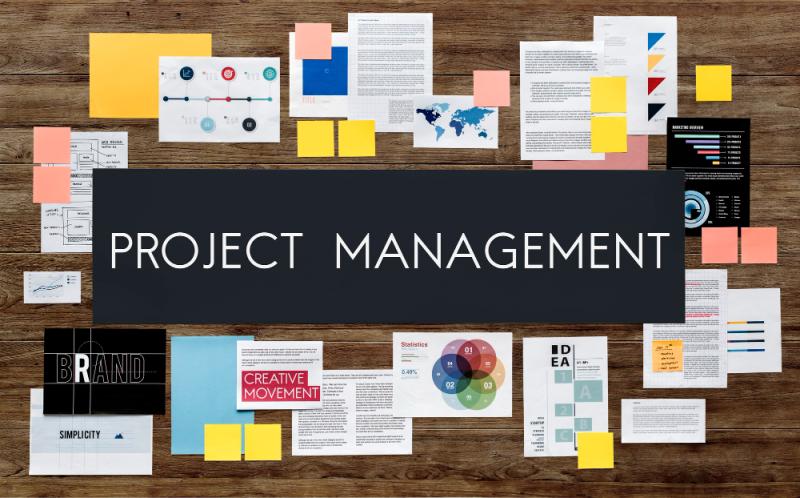Budgeting Tips for Project Managers: Avoiding Common Financial Pitfalls

In the world of end to end project management, budgeting is one of the most critical tasks project
managers face. From the planning phase to project completion, managing finances
efficiently is key to ensuring success. However, it is not uncommon for even
the most experienced project managers to fall into financial pitfalls that can
derail timelines and lead to overblown costs. To help you avoid these common
challenges, here are some practical budgeting tips every project manager should
follow.
1. Set Clear and Realistic Budget Goals
One of the first steps in
successful budgeting is setting clear, realistic financial goals. It’s crucial
to deeply understand the project’s scope, timelines, and resource requirements.
Underestimating costs or if things will always go according to plan can lead to
budget overruns. Instead, ensure that every expense is accounted for and
include a buffer to cover unexpected costs.
2. Break Down the Budget into Smaller
Segments
Rather than looking at the
project, break down the budget into smaller, manageable segments or phases.
This helps project managers track expenditures more accurately and identify
issues early on. For example, allocate funds for planning, development, testing,
and implementation. This approach provides better control over spending and
helps with future forecasting.
3. Keep a Close Eye on Resources
In end-to-end project management,
resources such as labour, materials, and technology play a significant role in
the budget. Keeping a close eye on resource allocation helps avoid
overspending. Ensure you’re using the right people for the right tasks and that
your team is not overstaffed or understaffed. In addition, regularly review
material costs and renegotiate contracts to save costs.
4. Track Actual Costs vs. Budgeted Costs
It is critical to regularly
monitor actual costs versus what was initially budgeted. Too often, project
managers set a budget and move forward without continually reviewing it.
Tracking expenses at every stage helps you identify where your spending may be
exceeding the plan, allowing you to take corrective action before the project
runs out of money.
5. Account for Contingencies
Every project has its share of
surprises, so allocating a contingency budget is essential. Typically, this
should be around 5-10% of the total budget, depending on the complexity and
length of the project. This buffer can help cover unforeseen expenses such as
delays, additional resources, or scope changes without jeopardizing the
project's success.
6. Use the Right Tools for Budget Management
Using the proper project
management tools is vital to tracking your finances. Tools that integrate
budget tracking, resource management, and timelines help project managers
monitor costs in real-time. They provide data-driven insights, enabling quick
decision-making when adjustments are needed. Choose a platform that fits your
Team's workflow and has robust financial tracking features.
7. Collaborate with Your Finance Team
Many project managers must pay
more attention to the value of working closely with their finance department.
Regularly discussing the project’s financials with the finance Team ensures
you’re on the same page regarding cost expectations, forecasts, and reporting.
This collaboration can also help identify potential financial risks early and
find solutions before they become more significant.
8. Avoid Scope Creep
Scope creep, or the tendency for
a project's requirements to grow over time, can wreak havoc on your budget.
While it's tempting to accommodate extra requests, especially from
stakeholders, these changes often result in additional costs and time. Implement
a process for evaluating scope changes carefully and ensure stakeholders
understand the financial impact of their requests.
9. Review and Reflect on Budget Performance
Post-Project
Once the project is complete,
conduct a post-mortem analysis of your budgeting performance. Did you stay
within budget? Were there unexpected expenses that could have been avoided?
What could be improved in future projects? Reflecting on these aspects will
improve your ability to manage budgets in future projects and refine your
approach to end-to-end project management.
Conclusion
Effective budgeting is at the
heart of successful end to end project management. Project managers can avoid
common financial pitfalls by setting clear goals, closely tracking costs,
accounting for contingencies, and avoiding scope creep. With the right strategies
and tools, you can ensure that your projects stay on track financially, leading
to timely and successful outcomes.









Comments